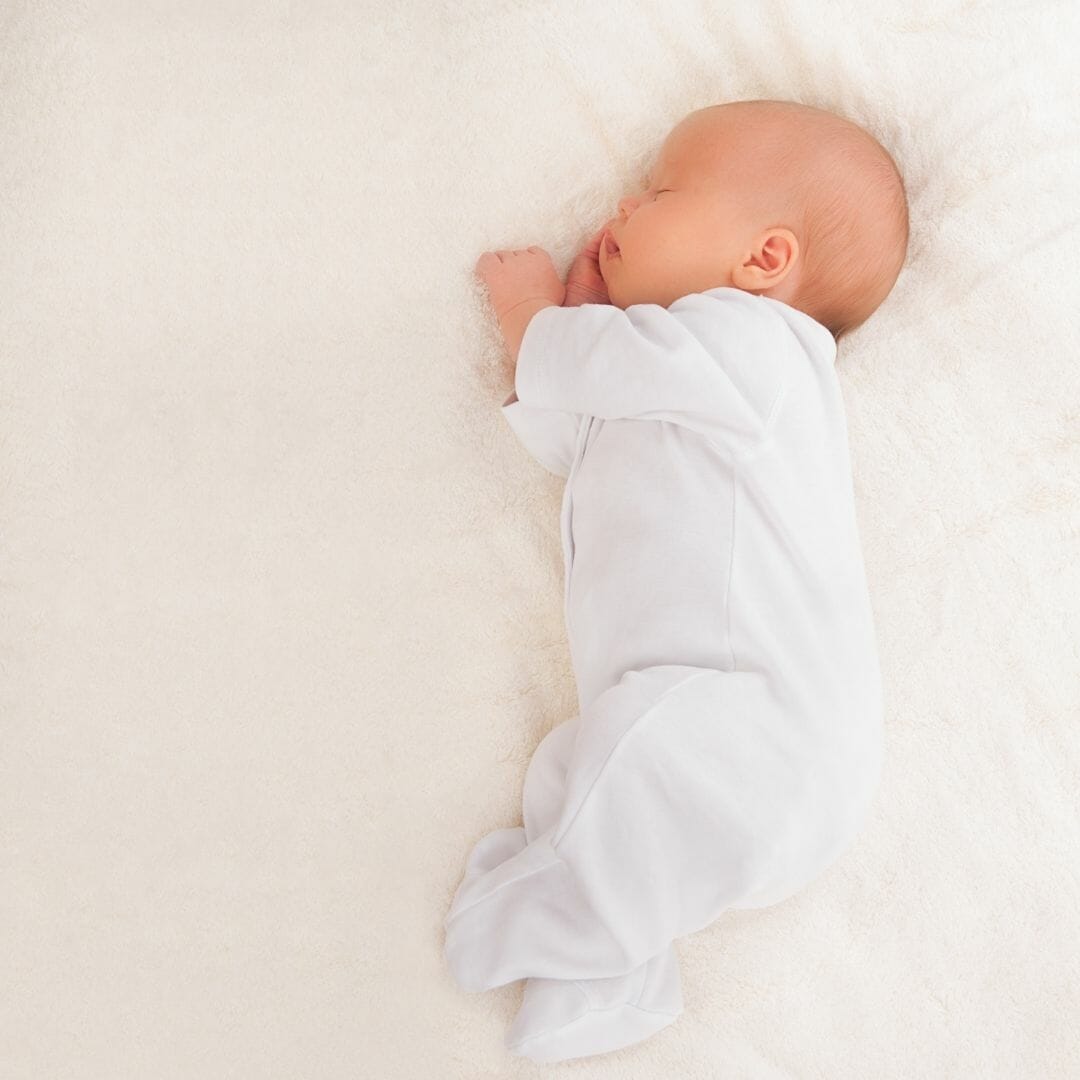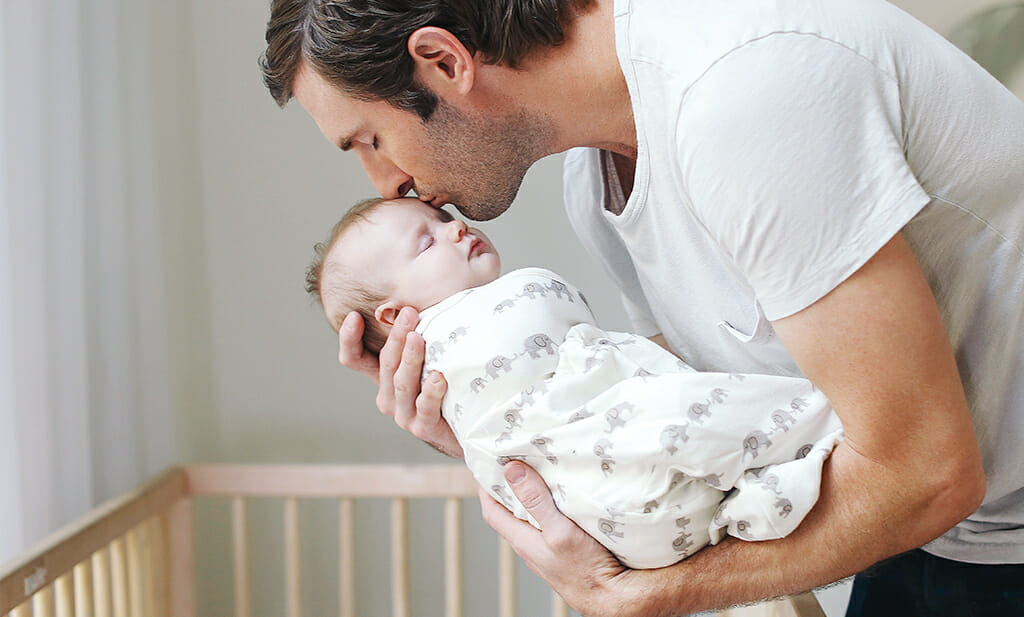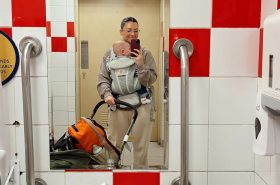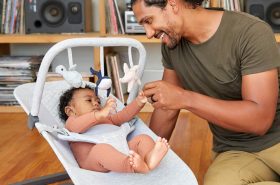
Are early wake ups meaning you have an overtired baby on your hands ? Thinking of sticking with a baby blanket rather than a sleeping bag ?
Today, we speak to Sarah Patel, founder of Teach To Sleep, she may change your mind.

Sarah is mum to two little ones who are 18 months apart and a Certified Baby and Toddler Sleep Consultant. She has over 15 years’ experience as a teacher in primary and further education. Sarah is a holistic sleep consultant who uses her long standing experience in education to teach parents all there is to know about infant sleep as well as how to develop healthy sleep habits from the start.
When it comes to supporting your baby’s sleep, comfort can often be the key to getting longer stretches of sleep and avoiding those early wake ups. For newborns, sleep is particularly hard because they suddenly have to get used to a whole new world where they no longer feel like they are being held day and night. Many babies find the first 3-4 months (the fourth trimester) really challenging. One technique which can really help with the transition to the fourth trimester is swaddling. It can help to make your baby feel snug and secure as it can mimic the feeling of being held. Swaddling can also help to promote longer sleep duration by eliminating the effects of the Moro (startle) reflex.

Not all babies like being swaddled but if your baby enjoys it, the Ergobaby swaddler is a great choice. The Ergobaby swaddler makes the process of swaddling much simpler with its velcro arm pockets which can go on in any order. Whereas swaddling with a traditional blanket can be quite stressful; there are lots more steps to folding the blanket which have to be done in a certain order so it isn’t always the quickest, most stress-free process. Young babies don’t tend to have a lot of patience for being put down, even for a few minutes and they often like to kick their legs and arms out, making it difficult to keep the blanket secure around them. With traditional blankets you also need to be careful about swaddling your baby too tightly as this is associated with developmental dysplasia of the hip (DDH). Whereas the Ergobaby swaddler had been awarded the title “healthy for the hips” by the International Hip Dysplasia Institute.

Once babies are around 4 months old or they start to show signs of rolling, they should no longer be swaddled. You can transition your baby slowly out of the swaddle, by taking one arm out for a few days, then the second arm out for a few days. Usually the easiest transition from here is to a sleeping bag, such as the Ergo baby sleeping bag because these still provide that snug feeling whilst also allowing your baby to move freely without them getting cold. Baby sleeping bags also reduce the risk of SIDS as opposed to traditional blankets which can end up covering your baby’s head.
When thinking about your baby’s comfort, core body temperature can have a huge impact on your baby’s comfort and therefore also their sleep. Baby sleeping bags enable you to have a little more control over your baby’s body temperature because you can use the tog (measure of thermal insulation) rating system so that you can select a sleeping bag for each season. Ergobaby have a range of cotton sleep bags available to help our little one transition from swaddling by keeping your baby cosy and warm without loose blankets, so everyone gets a good night’s sleep. The cotton sleep bags are also machine washable for easy care.

If you are unsure whether your baby is too hot or cold, avoid checking their hands as these will usually feel cold because they don’t reflect your baby’s core body temperature. Rather, place two fingers on their torso or down the back of the neck to get a feel of their core body temperature. All babies are unique when it comes to how they respond to their environment, some babies feel the cold more and others can become hot easily. However the Lullaby Trust recommends that you aim to keep your baby’s sleep environment between 16-20 °C.
If your baby is struggling with sleep, I want you to know that this is really normal, that doesn’t mean it is not really hard! My best advice to you is to trust your instincts and to trust your baby. Babies are much more intelligent than we give them credit for, they will show you when they are tired and when they have had enough sleep. Creating loose routines around your baby’s specific needs and making sure that they are comfortable when they sleep are the most effective ways to support sleep.
If you are after any more sleep tips or advice, check out Sarahs’ instagram account @teachtosleep where she runs a weekly Q and A session or see her website to find out information about her online courses and one-to-one consultations.



